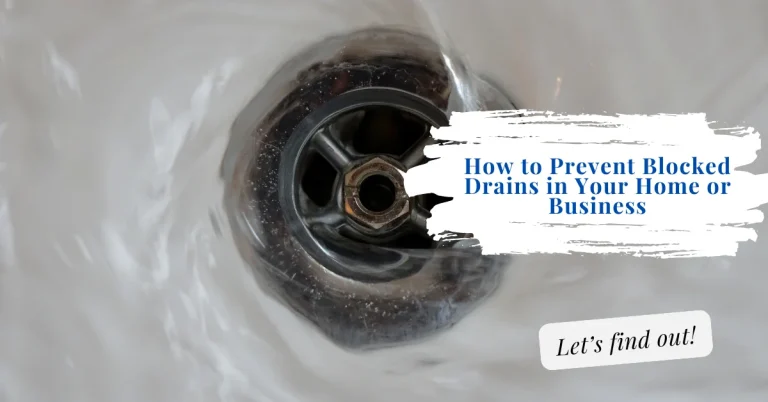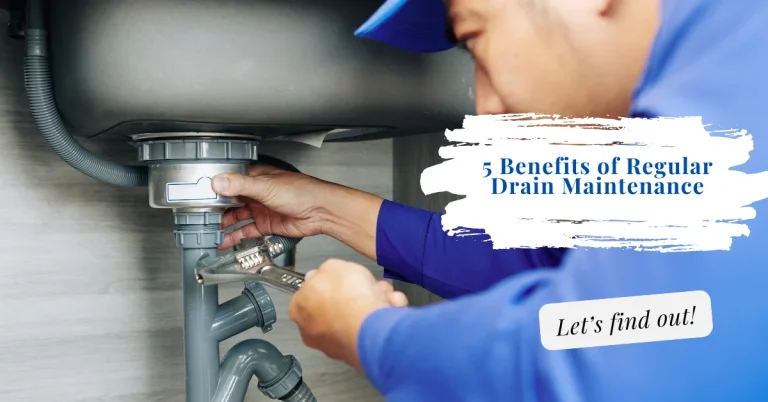Cooking oil is a kitchen essential, but when it’s time to dispose of it, many of us aren’t sure how to do it properly. The reality is that tossing used cooking oil down the drain or in the trash can have detrimental consequences for your plumbing, the environment, and even your local community.
In this article, we’ll delve into why proper disposal of used cooking oil is crucial and explore the best ways to do it.
1. The Drain Dilemma
The Myth of Liquid Disposal
It’s a common misconception that liquid cooking oil can safely go down the drain. After all, it’s a liquid, right? When oil cools down and solidifies, it can clog your pipes and lead to some costly plumbing issues. The situation can be especially dire for older homes with narrower pipes.
The Grease Trap
In many commercial kitchens, there’s a crucial piece of equipment known as a grease trap or grease interceptor. It’s designed to capture and contain fats, oils, and grease (commonly referred to as FOG) before they enter the sewage system. These traps need regular cleaning and maintenance because, over time, they become filled with solidified oil and grease.
2. Environmental Impact
Water Pollution
When cooking oil ends up in waterways through improper disposal, it can wreak havoc on the environment. Oil forms a layer on the surface of the water, reducing oxygen levels beneath. This harms aquatic life and can lead to the death of fish, birds, and other creatures. In addition, it degrades water quality and can have long-lasting consequences on ecosystems.
Soil Contamination
Dumping cooking oil on the ground or in your backyard can contaminate the soil. The oil prevents air and water from penetrating the soil, which hinders the growth of plants and can lead to soil erosion.
Unsightly Nuisance
Improperly discarded oil can also result in unsightly problems in your neighborhood. The oil can attract pests and rodents, creating a nuisance for you and your neighbors.
3. The Community Conundrum
Sewage Treatment Plants
When cooking oil enters the sewage system, it can cause issues for sewage treatment plants. The grease and oil can combine with other materials in the sewer to form “fatbergs,” which are massive congealed masses that block sewage lines. These fatbergs can lead to sewage overflows, odors, and costly repairs.
Local Regulations
Many areas have regulations in place to control the disposal of cooking oil. In some places, it’s illegal to discard oil down the drain. Violating these regulations can lead to fines, which is another reason to take proper disposal seriously.
4. The Sustainable Solution
Recycling Cooking Oil
One of the most environmentally friendly ways to dispose of cooking oil is to recycle it. Many recycling centers and rendering facilities accept used cooking oil. This oil can be converted into biodiesel or used as an ingredient in animal feed.
Reusing Cooking Oil
Before you get rid of cooking oil, consider if it can be reused. If you’ve used it to fry something like French fries or chicken, you can strain the oil to remove debris and store it for future use. This not only lessens waste but also saves you money.
Solidifying Oil for Disposal
If recycling isn’t an option, you can solidify cooking oil before disposal. This prevents it from clogging pipes and contaminating water. To do this, mix the oil with an absorbent material like kitty litter or coffee grounds. Once it has solidified, place it in a sealed container and dispose of it in the trash.
5. Tips for Proper Disposal of Cooking Oil
Let It Cool
Allow the cooking oil to cool down before attempting to dispose of it. Hot oil can be dangerous and can melt certain containers.
Filter Before Storage
If you plan to reuse cooking oil, strain it through a fine sieve or cheesecloth to remove food particles. This will prolong its usability.
Store in a Reusable Container
When storing used cooking oil for later use, choose a container that can be sealed tightly to prevent contamination.
Find a Recycling Center
Check with your local recycling facilities or waste management agencies to see if they accept used cooking oil. Many do, and it’s a responsible and sustainable way to get rid of it.
Avoid Large Quantities
Don’t attempt to dispose of large quantities of oil all at once. If you’ve got a substantial amount, consider recycling or reusing as much as possible.
Educate Others
Spread the word about the importance of proper cooking oil disposal to friends and family. Awareness can go a long way in protecting the environment.
Conclusion
Proper disposal of used cooking oil is essential for preserving your plumbing, protecting the environment, and supporting your local community. Remember that there are sustainable alternatives to simply tossing it in the trash or down the drain.
By taking responsible steps, you can ensure that your used cooking oil is put to good use or safely disposed of without negative consequences for your home or the planet.






